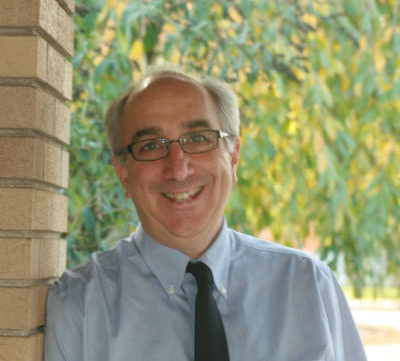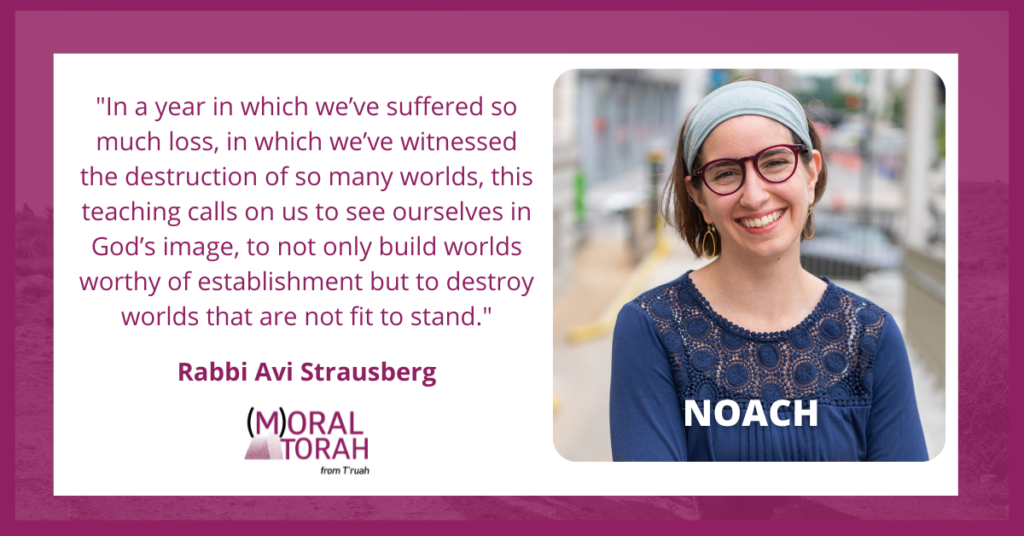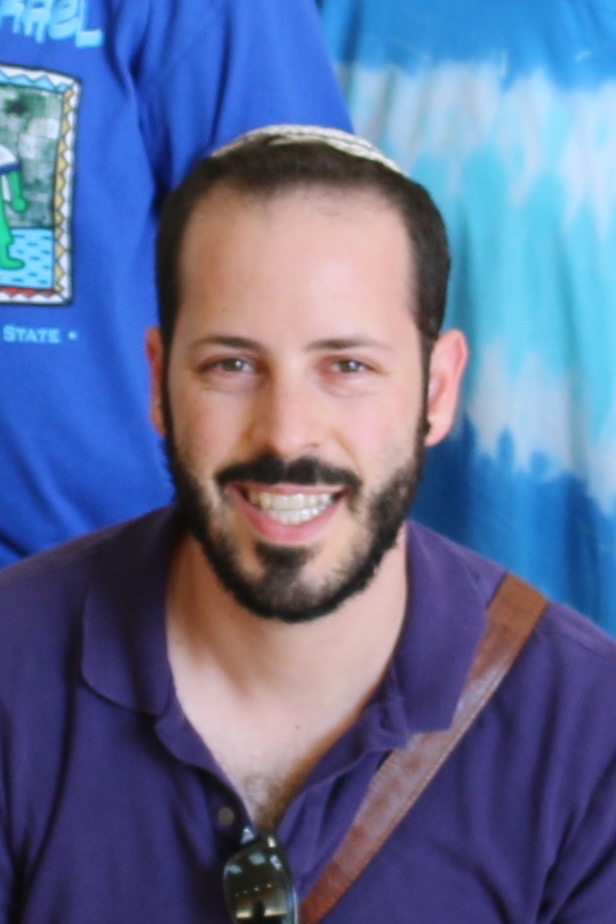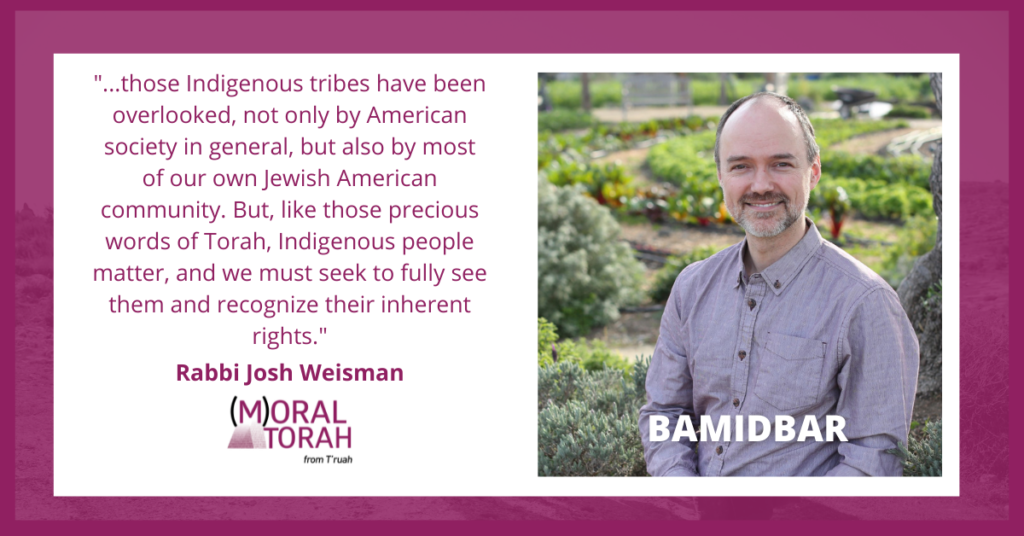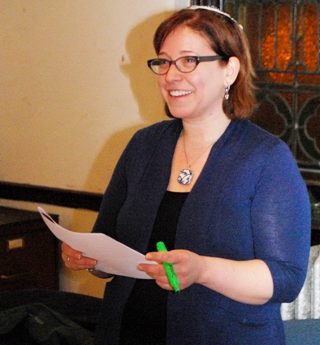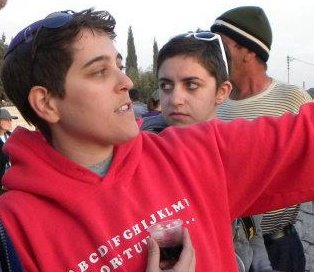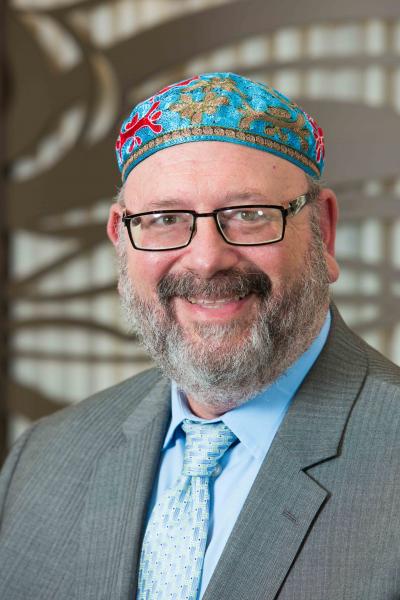
A Long Walk Continued
Nelson Mandela called his autobiography Long Walk to Freedom, and that title resonates with this week’s Torah portion, Haazinu. This parashah is only one chapter long; it is written in two columns in poetic form, resembling a two lane road; and it records Moses’ last song to the Children of Israel. It is a last...
read more

